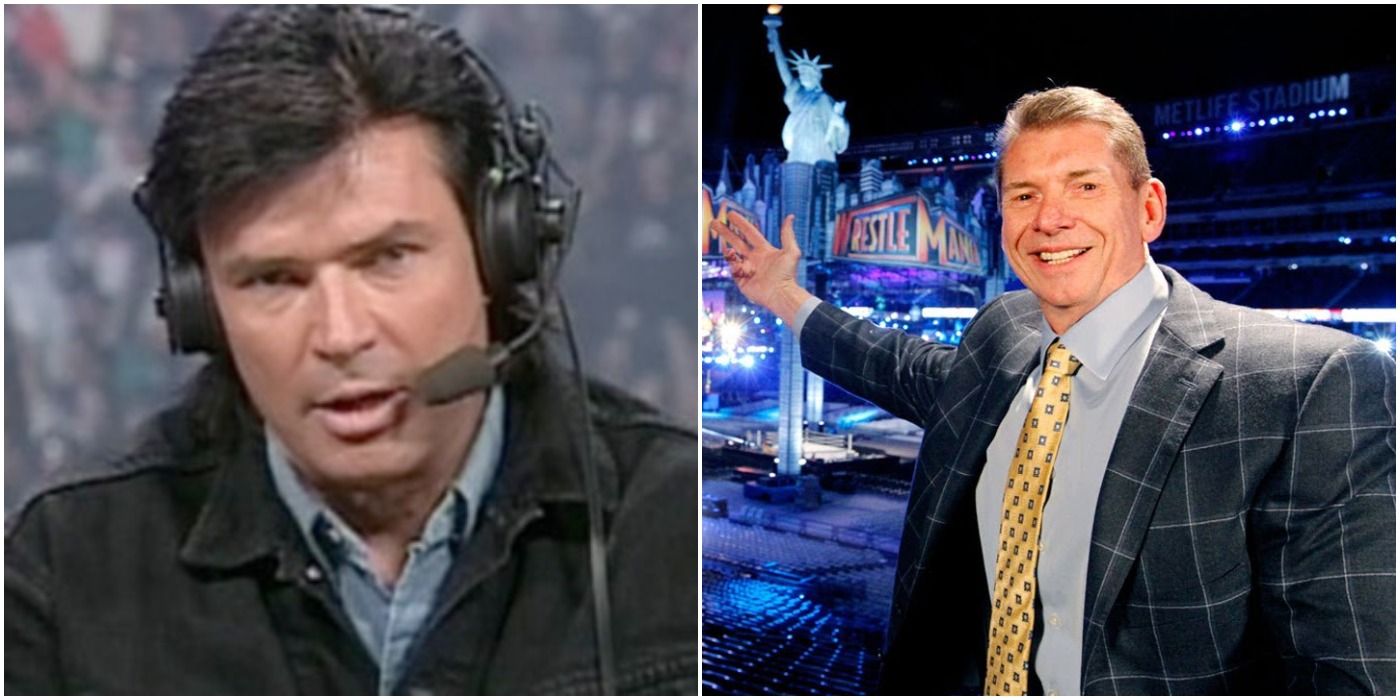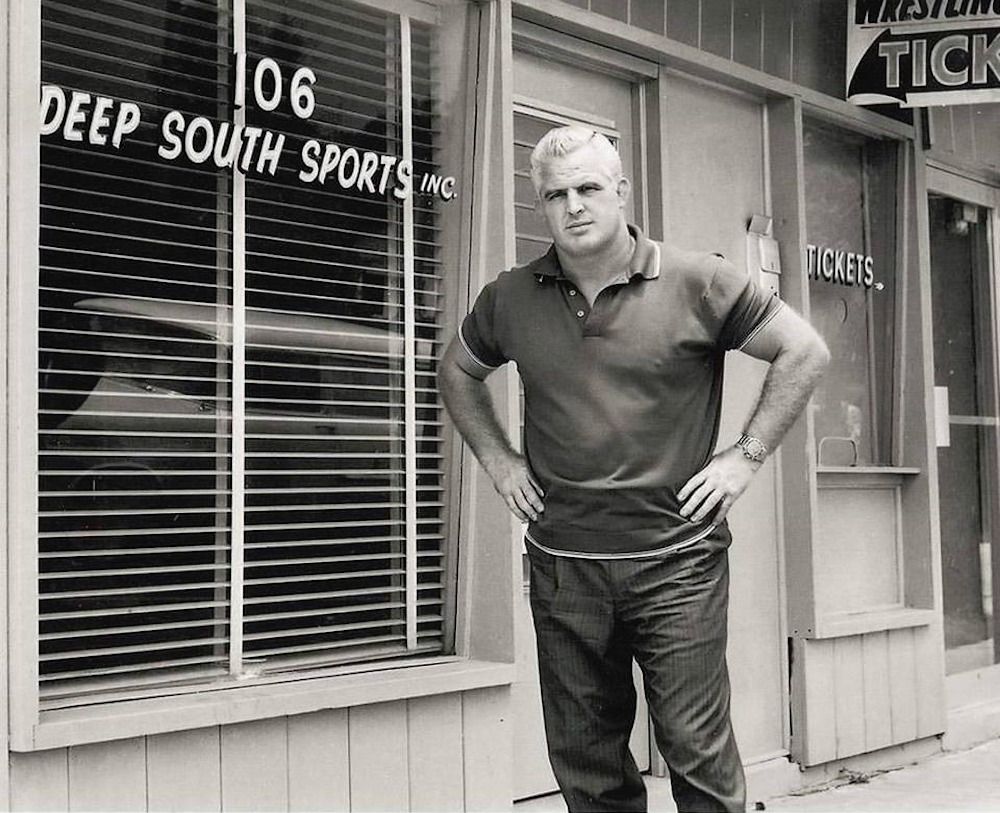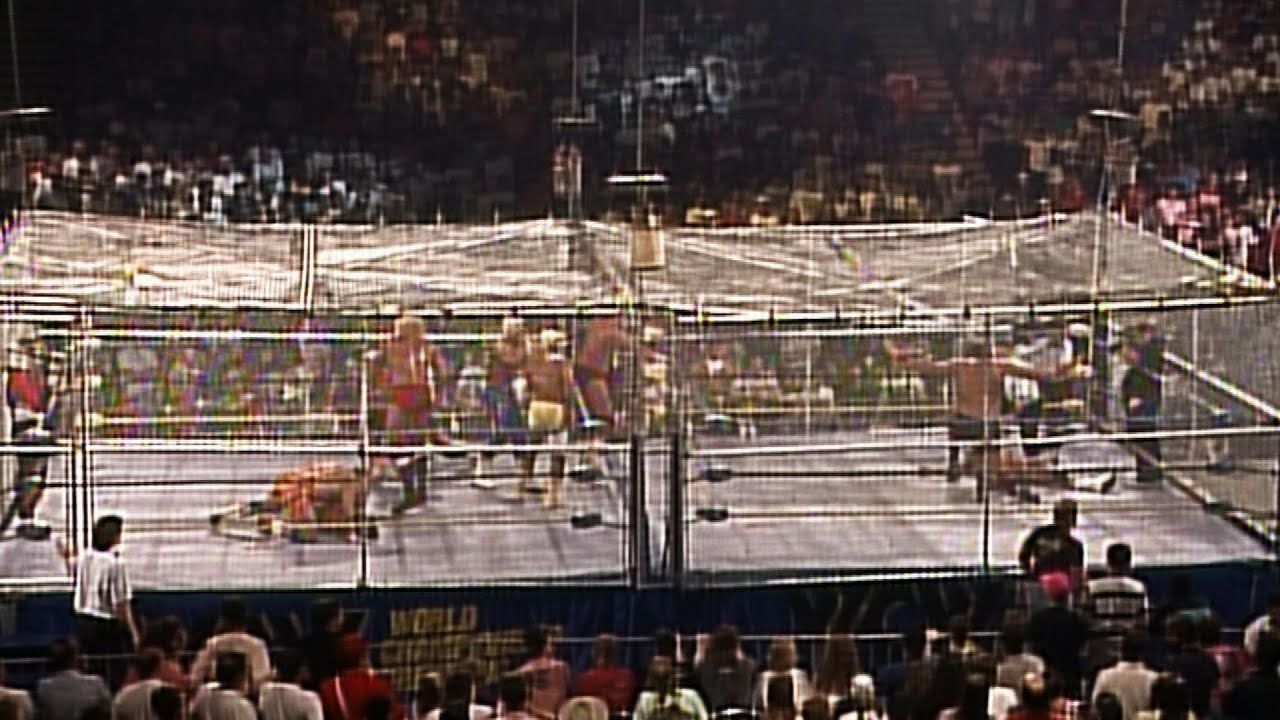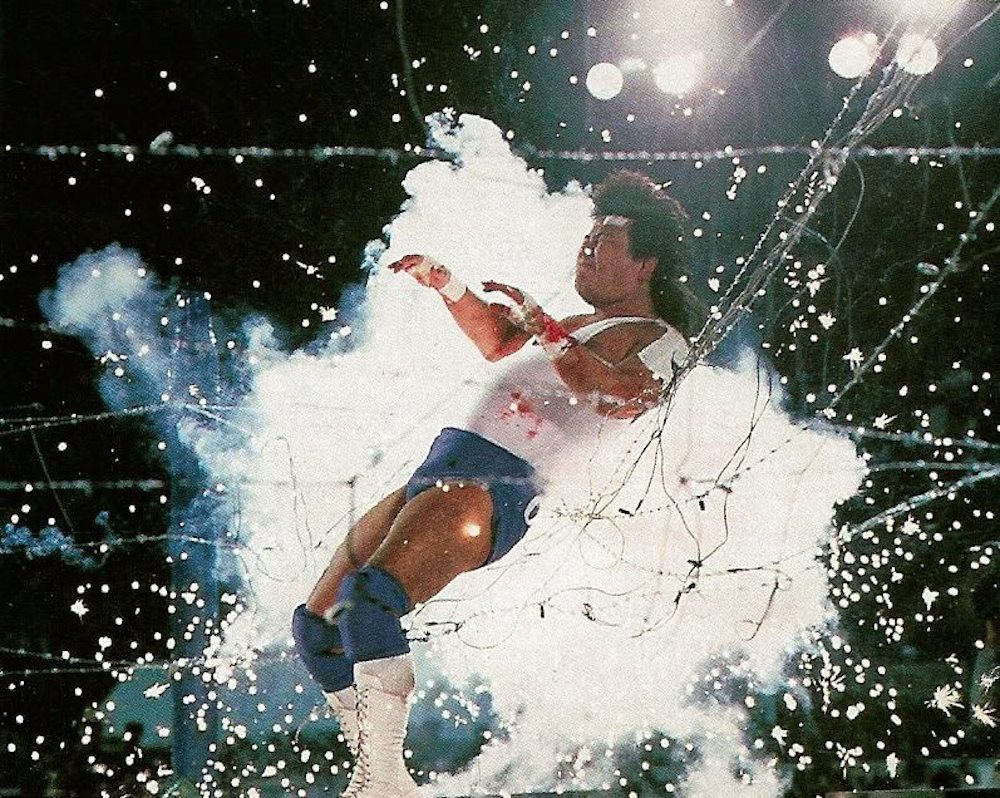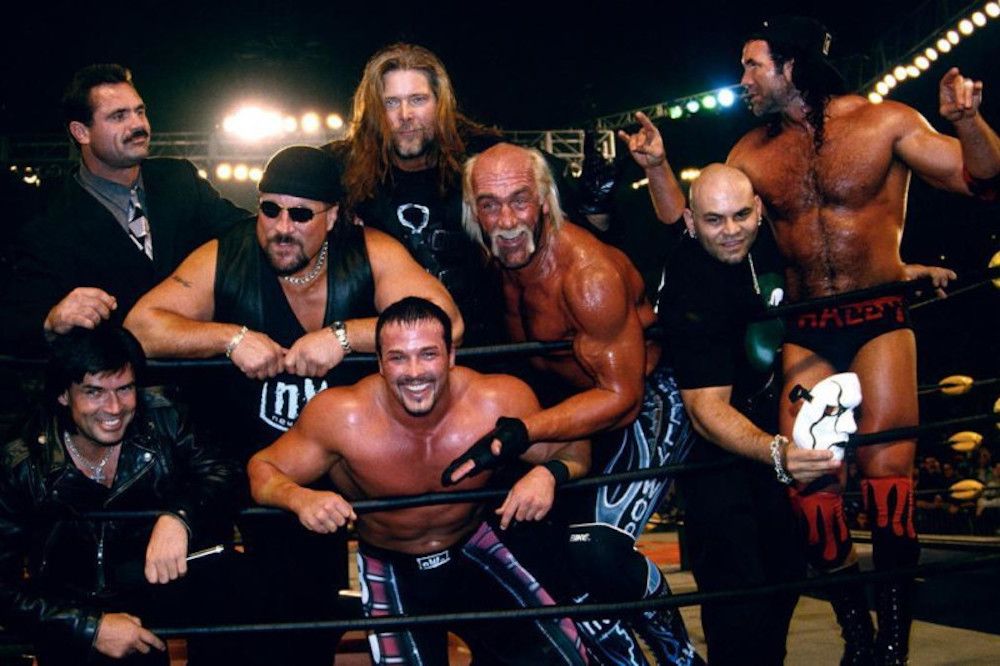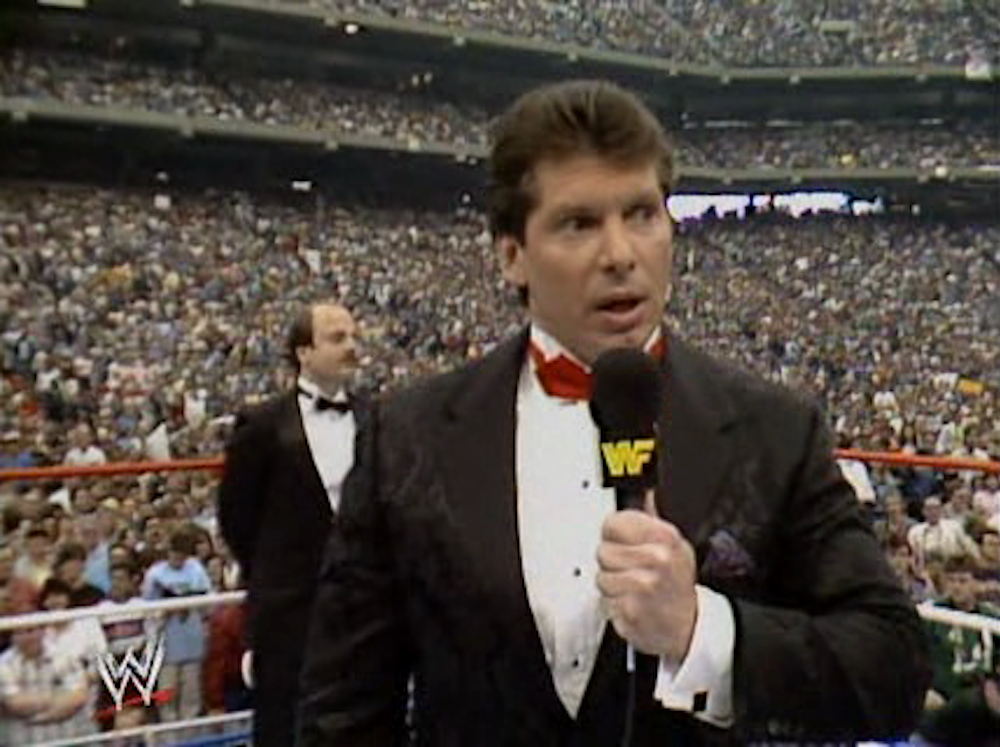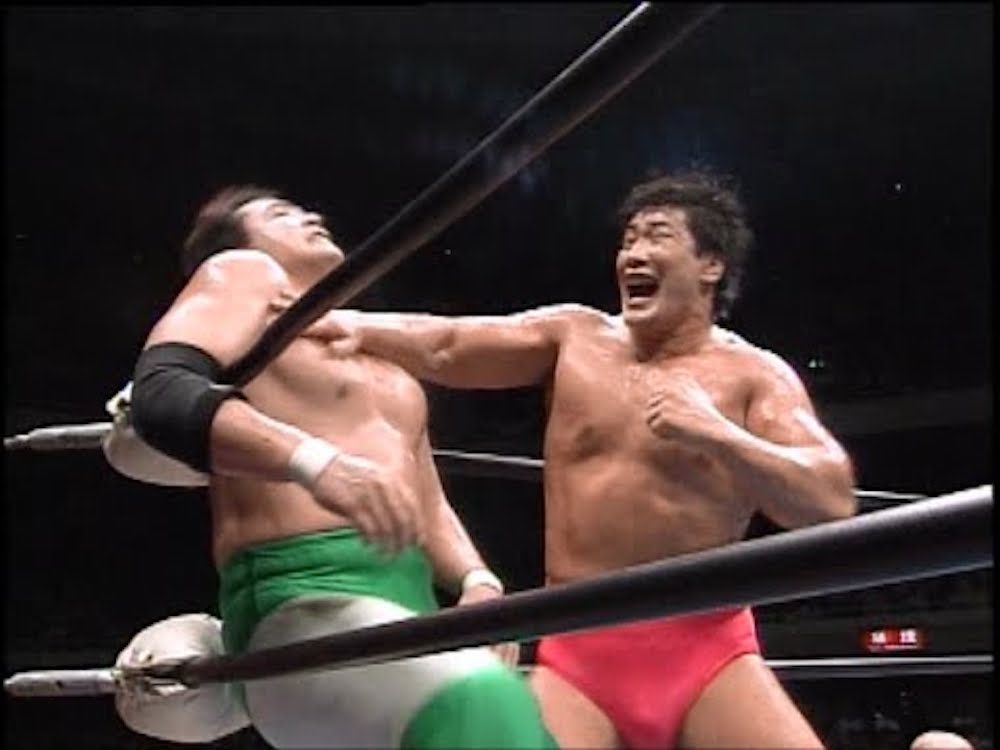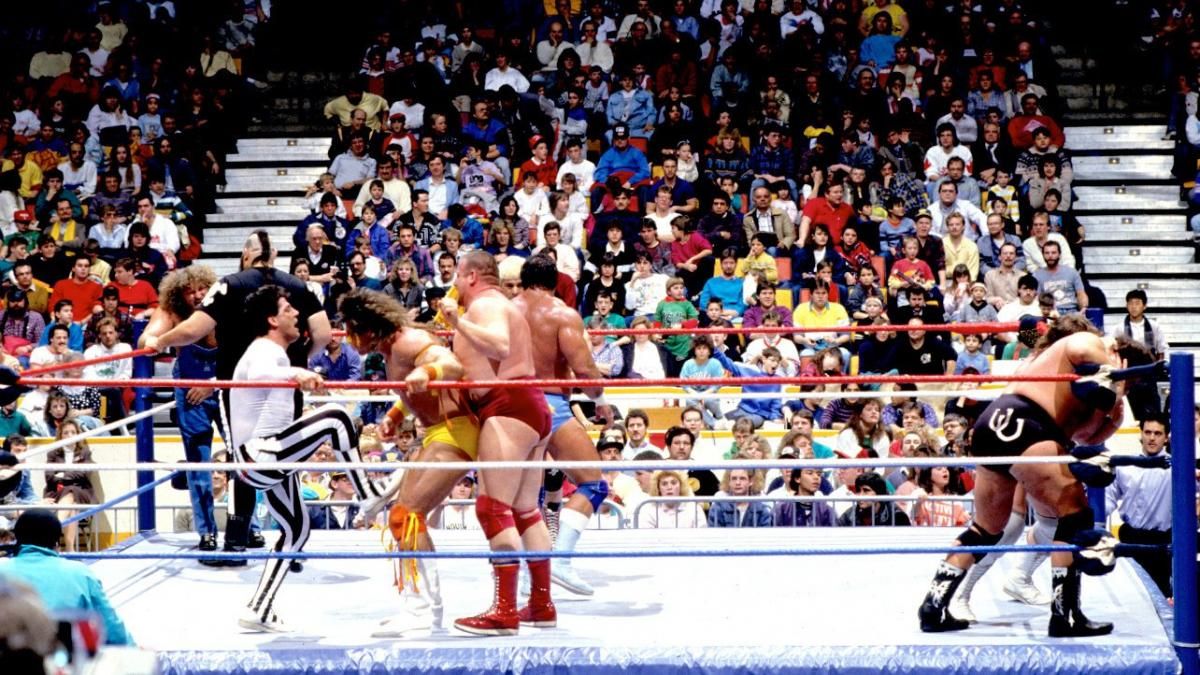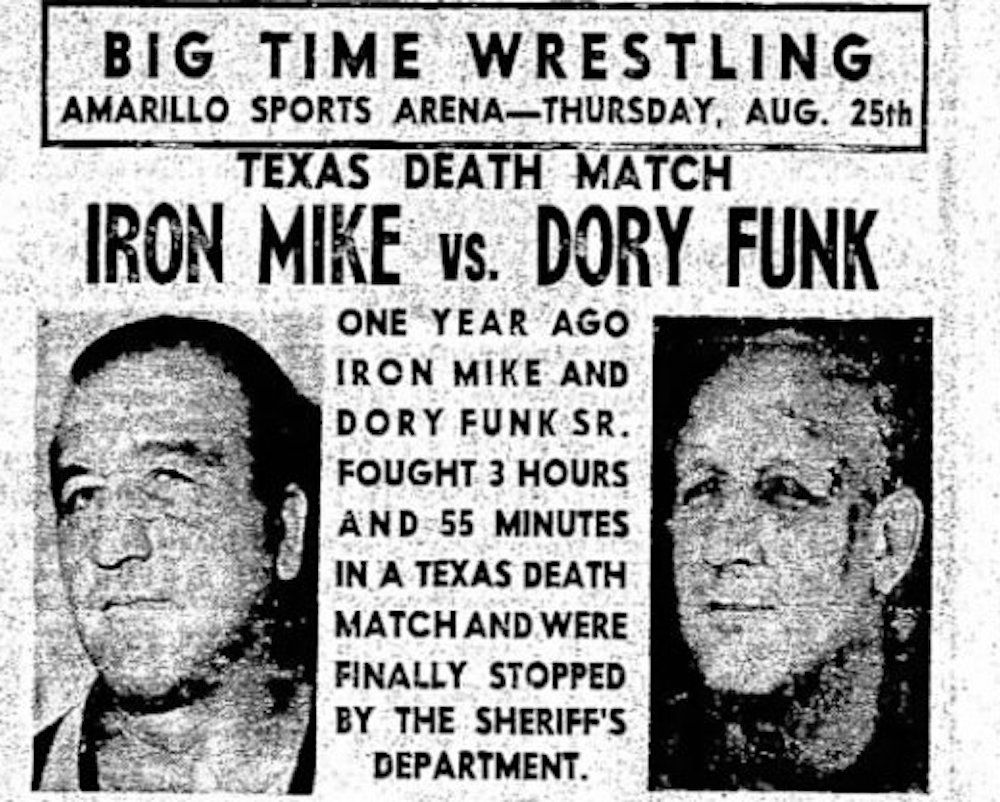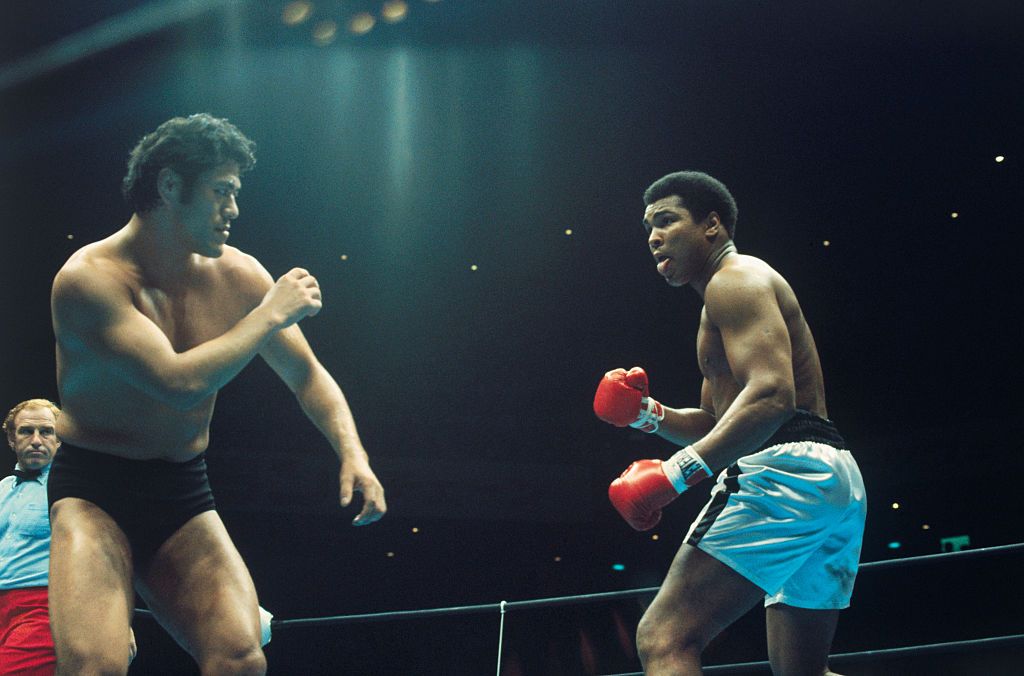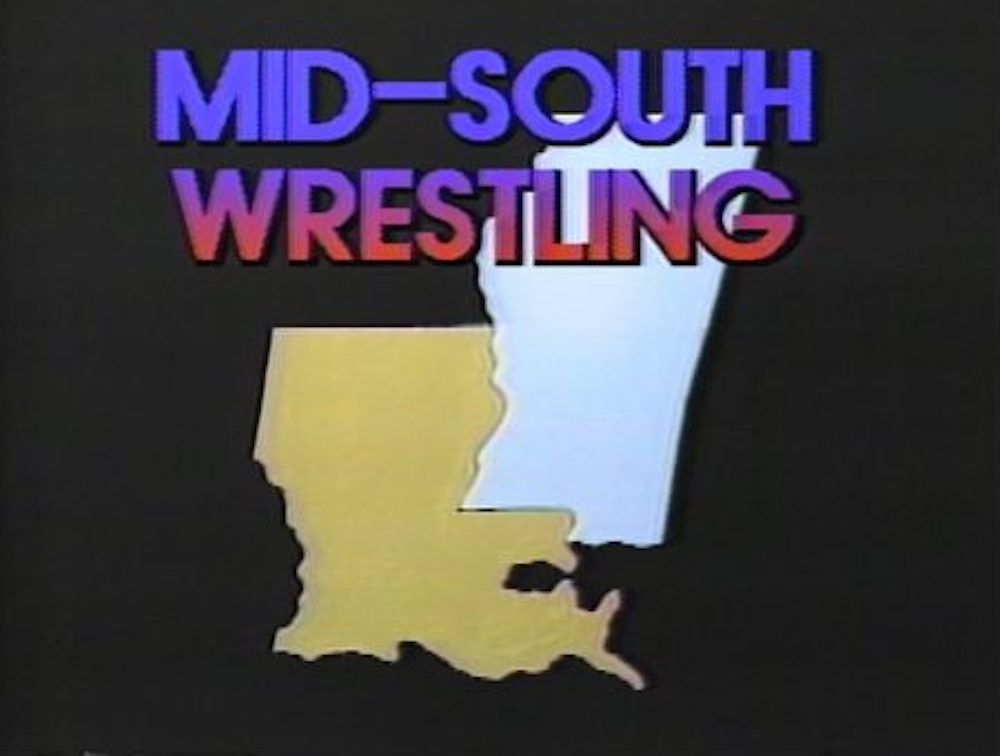In pro wrestling, what happens on the ring and on fans’ TV screens is generally decided by a booker, someone in charge of determining matchups, the outcomes of matches, and generally how a storyline will play out. Not every promoter or promotion boss is also the booker, but this can often be the case.
A good booker doesn’t just determine who becomes the champion. Oftentimes they also come up with original ideas, many of which often distinguish a promotion from the rest. Without further ado, let’s take a look at 10 notable bookers in wrestling history and their most famous concepts, which include events, common tropes, and even entire philosophies of pro wrestling.
10 Eddie Graham: The Dusty Finish
Many wrestling fans know the term “Dusty Finish,” which is the name for a not-uncommon trope of a hero appearing to win a big match (and often a championship) against a major heel only for the outcome to be reversed on a technicality. Dusty Rhodes frequently relied on it when booking his battles with Ric Flair in the 1980s, but he shockingly didn’t actually develop it. Credit for that goes to Dusty’s mentor, Eddie Graham, who owned and booked Championship Wrestling From Florida in the 1970s and was considered a genius when it came to booking finishes.
9 Dusty Rhodes: WarGames
As WCW’s booker, Dusty Rhodes does have a major creator to his name: War Games, the big team-based cage brawl held in two adjacent rings and no winner until every participant was in the cage. His aforementioned feud with Ric Flair and the rest of The Four Horsemen in the 1980s needed a big climax, and a viewing of Mad Max: Beyond Thunderdome inspired Rhodes to develop a gimmick cage match of his own. The match would become a Four Horsemen signature match and would find new life in NXT as an annual TakeOver match.
8 Atsushi Onita: Exploding Barbed Wire Deathmatch
Despite his reputation for being a deathmatch guy, Atsushi Onita started out as a traditional junior heavyweight until an injury forced his retirement. In 1989, after returning to the ring, Onita founded his own promotion, Frontier Martial-Arts Wrestling, which featured martial arts style bouts as well as wild innovations on the violent matches he saw during his time in Memphis and Texas.
In 1990, former ally Tarzan Goto started feuding with Onita over the latter's obsession with booking martial artists, so the two collided in a gimmick match of Onita’s invention: the No Ropes Exploding Barbed Wire Deathmatch. The match type would live on over the years, as recently as 2021 in AEW, which incorporated Onita in the build.
7 Eric Bischoff: The New World Order
After becoming Senior Vice President of WCW in 1994, Eric Bischoff went over to Japan in order to rebuild a relationship with New Japan Pro-Wrestling. It’s there that he would be inspired by NJPW’s more realistic approach to presenting wrestling compared to its cartoony depiction in the West. Easy E saw that NJPW was doing big numbers, especially with an invasion storyline done in partnership with now-defunct promotion UWF-i. The idea of a promotion taking on a rival group intrigued Bischoff, which came into play when Kevin Nash and Scott Hall jumped ship from WWE, leading to the creation of the nWo faction that would lead to WCW’s success.
6 Vince McMahon: WrestleMania
After taking over WWE in 1982, Vince McMahon staged a takeover of the wrestling world in order to build his father’s New York-based promotion into a huge company with national and even global reach. In addition to hiring every regional star possible, McMahon competed with the National Wrestling Alliance’s Starrcade pay-per-view, which started in 1983, by rolling out its own, WrestleMania, in 1985. With special credit going to announcer Howard Finkle for devising the name, McMahon put together a huge, star-studded event that’s become a household name ever since.
5 Giant Baba: King’s Road
Giant Baba founded All Japan Pro Wrestling in 1972, and by the 1990s had developed a signature approach to matches called King’s Road. Influenced by Southern wrestling of the ‘70s and ‘80s, King’s Road eschewed angles as modern wrestling fans know them in favor of telling the story exclusively within the ring. Repeat matches between wrestlers would play off of previous bouts in a spectacular manner, with wrestlers escalating matters to use insanely dangerous finishers like the Burning Hammer. For many fans, the epic matches AJPW put on in the 1990s are considered some of the best wrestling to ever happen.
4 Pat Patterson: The Royal Rumble
Lots of bookers have innovated concepts that have became staples of pro wrestling, but few are more famous than the Royal Rumble, a match so iconic that the phrase has permeated pop culture since its debut in 1988. The man behind the over-the-top-rope battle royal with staggered entrances is Pat Patterson, the inaugural Intercontinental Champion who would prove a crucial figure in WWE, carrying booking responsibilities.
Patterson’s idea was originally rejected by Vince McMahon, but it ended up impressing TV execs during a meeting to discuss putting on a new live special. When it came time to stage the Royal Rumble, Patterson planned the whole thing out himself, with all the little storytelling details in the match working together to establish one of the most fun match types in wrestling.
3 Dory Funk Sr.: Texas Deathmatch
In the early 1980s, the aforementioned Atsuhi Onita stayed at Terry Funk’s ranch in Texas, where he learned all about the Texas Deathmatch. Created by Terry’s father, Dory Funk Sr., who booked the Texas wrestling scene, the Texas Deathmatch is a No DQ bout where a pinfall or submission is followed by a 10 count, making it a type of Last Man Standing match. Truth in pro wrestling history can be hazy, but many consider the first Texas Death Match to be Dory Funk and Iron Mike DiBiase (adoptive father of Ted) in a bout that went over three hours, resulting in a draw and a whole lot of injuries.
2 Antonio Inoki: Strong Style
Trained by Rikidozan and Karl Gotch, New Japan Pro-Wrestling founder Antonio Inoki might go down as one of the most influential wrestlers and bookers of all time. Inspired by the catch wrestling he learned from Gotch, Inoki innovated a signature wrestling style he called Strong Style, which focused on strikes and submissions, which can be seen in modern wrestlers like the “King of Strong Style,” Shinsuke Nakamura. On top of that, Inoki’s emphasis on shoot abilities resulted in him taking on fighters of various disciplines during his career, including his infamous bout with Muhammad Ali, all of which helped give rise to mixed martial arts.
1 Bill Watts: Serialized TV Wrestling
Many wrestling fans know Cowboy Bill Watts for his early 1990s booking of WCW, where he notoriously banned top rope maneuvers, strangling junior heavyweight wrestling in the promotion for several years. That said, going further back in history would reveal Watts as potentially one of the most influential bookers of all time thanks to his approach to Mid-South Wrestling. Beginning in 1979, Watts treated Mid-South’s TV show as an episodic affair, with storylines developing week to week and presenting quality in-ring action. In other words, it’s the way that every modern pro-wrestling show functions -- or is supposed to function.

